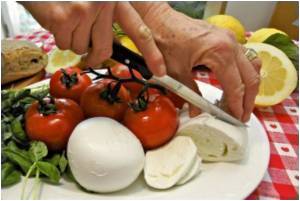
University of Maryland Assistant Professor Kurt Gray says his findings have many real-world applications, including in medicine, relationships, parenting and business.
"The way we read another person's intentions changes our physical experience of the world," said Professor Gray, who directs the Maryland Mind Perception and Morality Lab.
While it seems clear that good and evil intentions can change the experience of social events - think of a reaction to a mean-spirited, cutting remark compared to gentle teasing spoken with a smile - this study shows that physical events are influenced by the perceived contents of another person's mind.
"It seems we also use the intentions of others as a guide for basic physical experience," Gray wrote.
"How painful people find medical procedures depends in part upon the perceived intentions of the person administering it. Getting blood taken from stony-faced nurse hurts more than from an empathic one," explained Gray.
Advertisement
Gray notes, "It's not enough just to do good things for your partner - they have to know you want them to feel good. Just imagine saying, 'fine, here's your stupid hug,' - hardly comforting."
Advertisement
"The results confirm that good intentions - even misguided ones - can sooth pain, increase pleasure and make things taste better," the study concluded.
It describes the ability of benevolence to improve physical experience as a "vindication for the power of good."
The study was published online ahead of print in the journal Social Psychological and Personality Science.
Source-ANI











